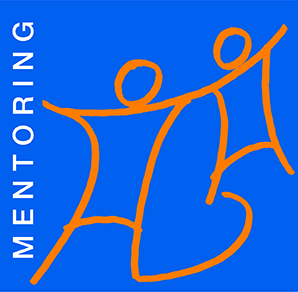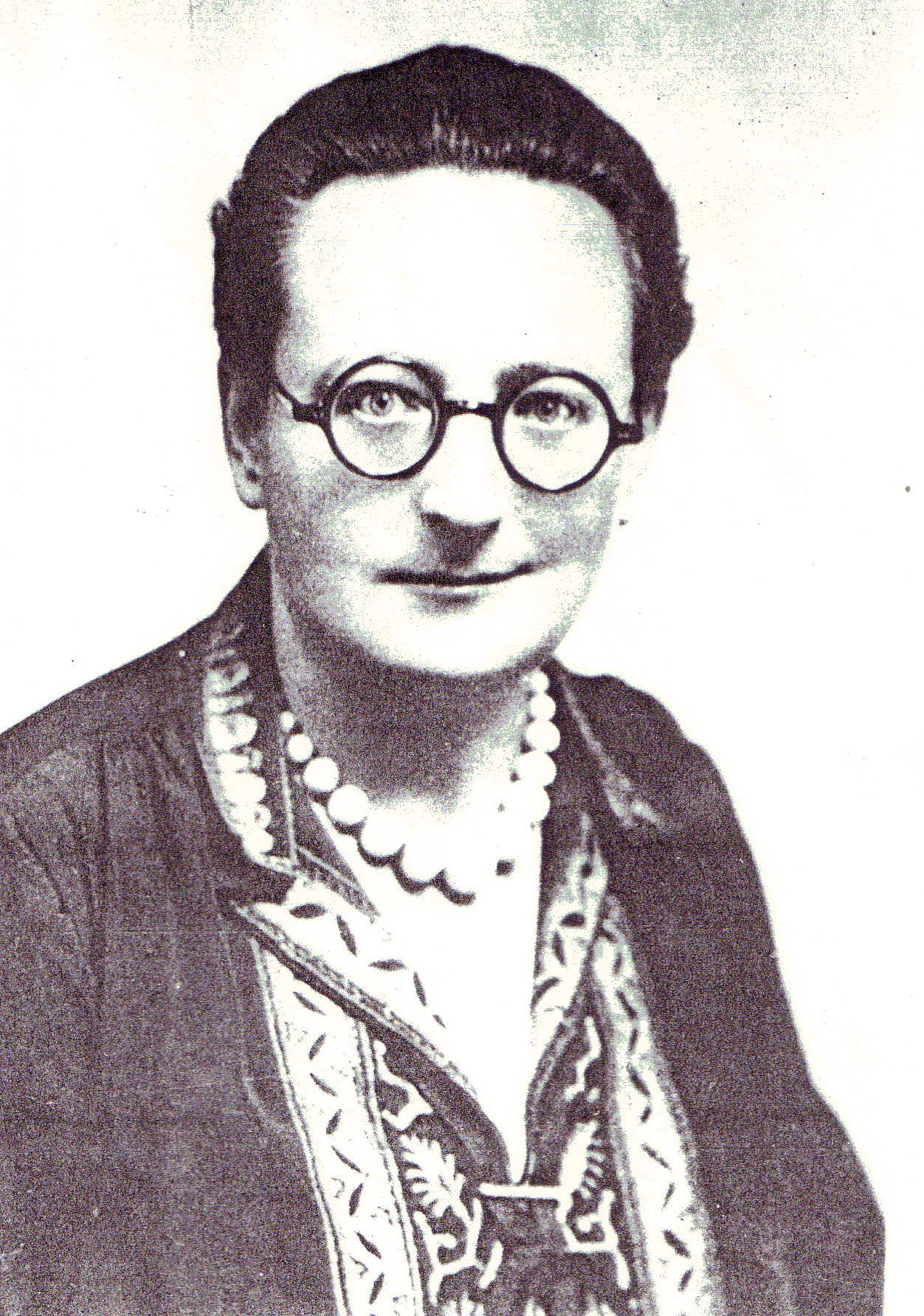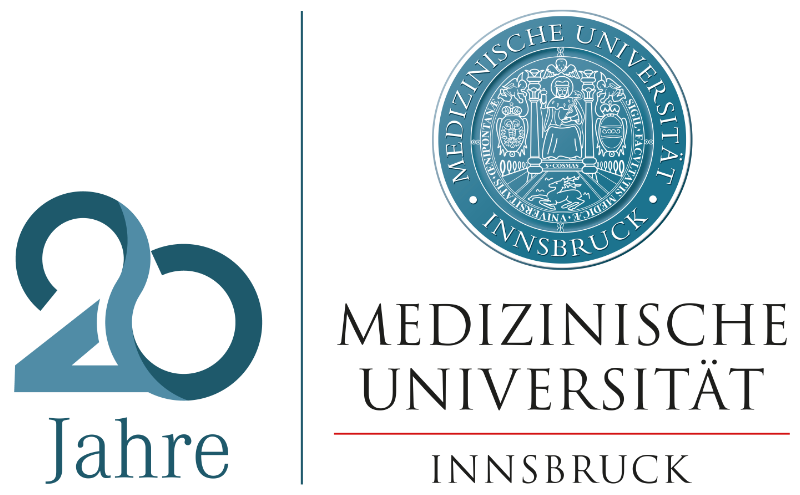home
> koostelle
> frauen-empowerment
> mentoring.html.en
Share page:


Helene Wastl Medicine Mentoring Programme

Target group:
Female doctors in specialist training, female postdoctoral students, female participants in postgraduate programmes (PhDs) and female post-doctoral students in medicine and natural sciences
Length
- 2 semesters
- A total of 6 x 2 hours 1:1 mentoring meetings
- Attendance of 5 workshops of 2 days each from the Helene-Wastl seminar programme
- Introductory event
Method
One-to-One Mentoring (one mentee and one mentor)
- Accompanying further training programmes by qualified external female partners for the further development of career-relevant key competencies and soft skills
- A sustainable and long-term network for the future: development and promotion of horizontal peer networks of mentees (= peer mentoring)
- Regular network meetings: Exchange, reflection, (self-)empowerment
What is mentoring?
Mentoring is an instrument for systematic personal and personality development. It is a kind of sponsorship between an experienced female mentor and their learning mentee. The experienced female mentor supports her protégé with insider knowledge, shares her experience and helps with valuable contacts.
For this mentoring relationship to work, there must be complete trust between both parties. The discussions must be confidential!
Application form
Please send the complete application documents by May 15th at the latest to the following email addresshelenewastl-mentoring@i-med.ac.at
The application documents consist of:
- fully completed application form for mentees Bewerbungsbogen für Mentees
- Curriculum vitae including a list of publications
Please note that admission to the program is only possible with sufficient knowledge of German, as the seminar program is only offered in German language.
Please take sufficient time to complete the application form. Your complete and meaningful information is an important basis for the selection and matching with your female mentor!
Start of the new programme in WS 2026/27
For further questions about the mentoring programme, please write to us at: helenewastl-mentoring@i-med.ac.at
Seminar program (offered only in German)
The Helene Wastl Medical Mentoring Program offers a comprehensive seminar program for career development, personal development and networking - participation in the lectures is mandatory.
Please note: A certificate of participation in the program can only be issued if 80% attendance requirement has been met.
WS 2025 und SS 2026
Helene Wastl Club
Since 2006, the Helene Wastl Club has specifically promoted the networking of committed female doctors and scientists and now consists of almost 280 highly competent members.
In addition to comprehensive training and (specialist) expertise, personal contacts, proactive networking as well as positive role models are crucial for a successful scientific career in medicine. The Helene Wastl Club therefore focuses on the exchange of experiences and mutual support in peer mentoring, which builds relationships and facilitates access to career-promoting networks. The intensive examination of one's own role in the medical-scientific environment strengthens (self-)empowerment.
Network meeting Helene Wastl Club
Save the date: 05.05.2026
Helene Wastl - The Namesake
 Helene Wastl began studying medicine (one of 11 women) at the Innsbruck Faculty of Medicine in the winter semester of 1916/17. In 1922, she was the second woman from Austria to be awarded a doctorate in medicine with distinction and in 1930 she was authorised to teach physiology; her habilitation was the first for a woman at the Medical Faculty of Vienna.
Helene Wastl began studying medicine (one of 11 women) at the Innsbruck Faculty of Medicine in the winter semester of 1916/17. In 1922, she was the second woman from Austria to be awarded a doctorate in medicine with distinction and in 1930 she was authorised to teach physiology; her habilitation was the first for a woman at the Medical Faculty of Vienna.
Helene Wastl was one of the pioneers of the medical sciences, one of the first women to pursue studies, a scientific career and international mobility. Her impressive career and, above all, her successful habilitation marked a milestone on the path to equal rights for women in the scientific system. To show appreciation for her achievements, she was chosen as the namesake and ‘symbolic mentor’ for the Innsbruck Medical Mentoring Programme. [More]
Image source: Dr Susanne Lichtmannegger


